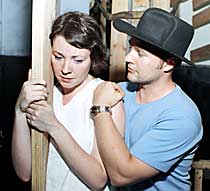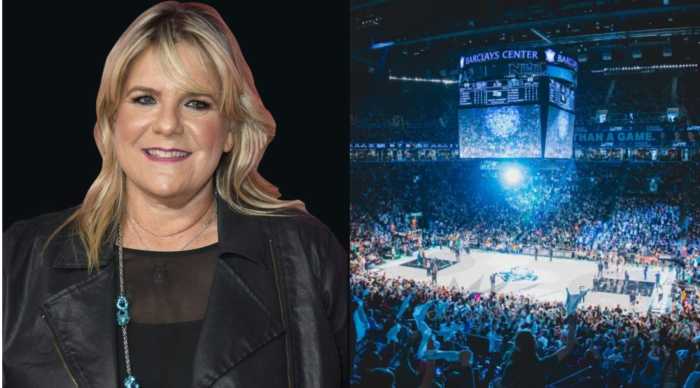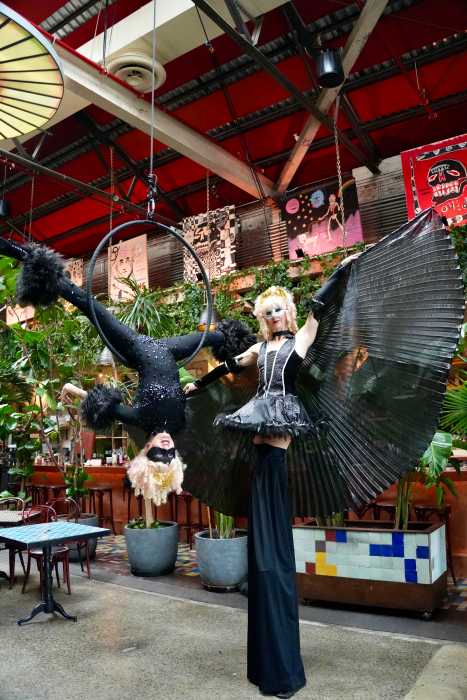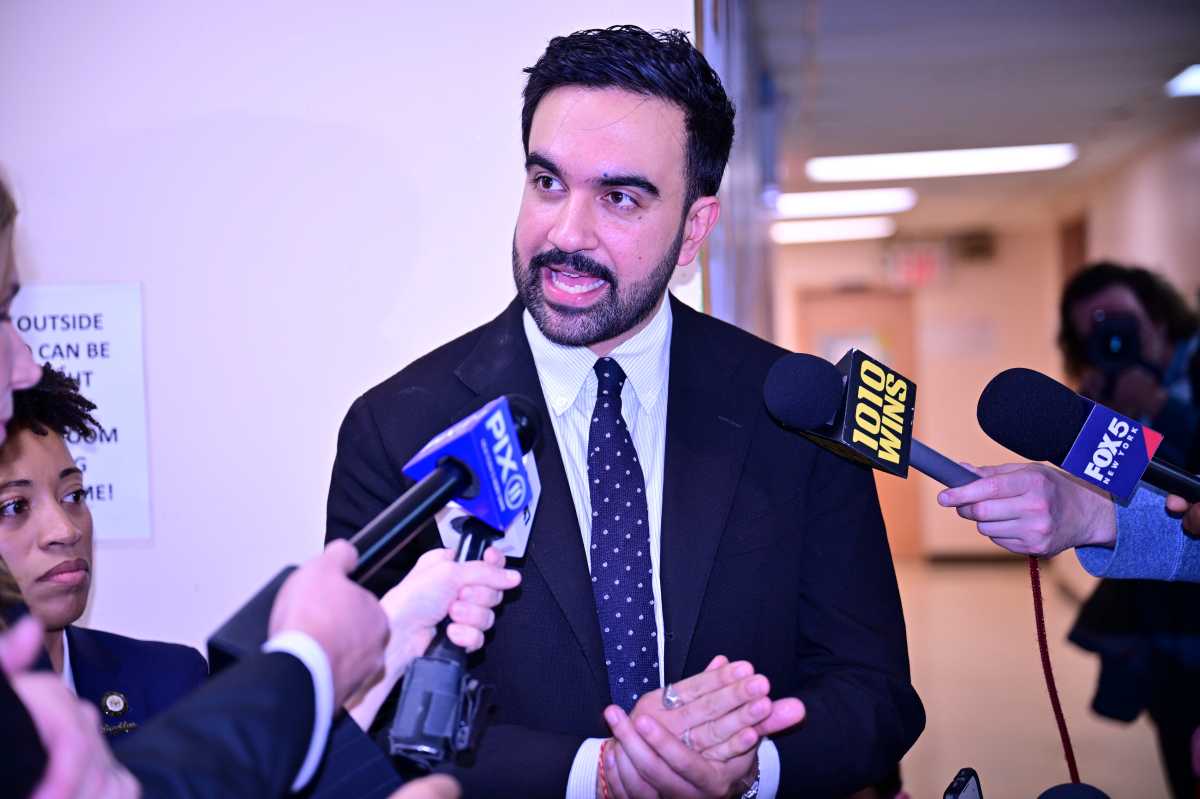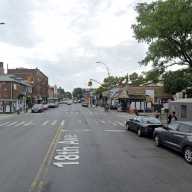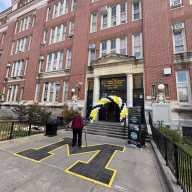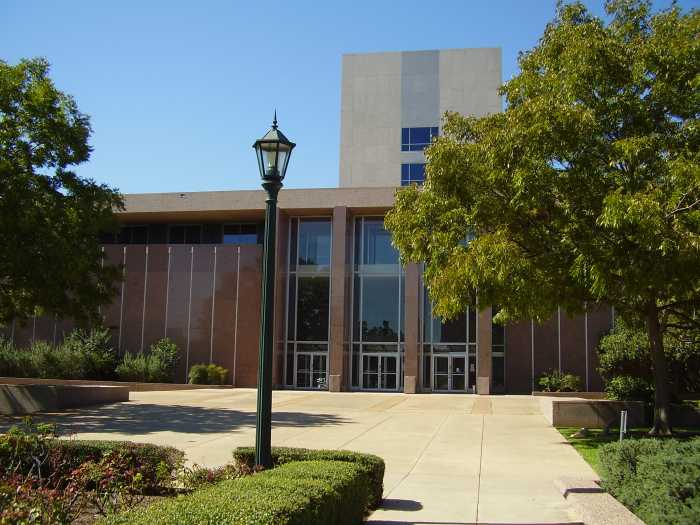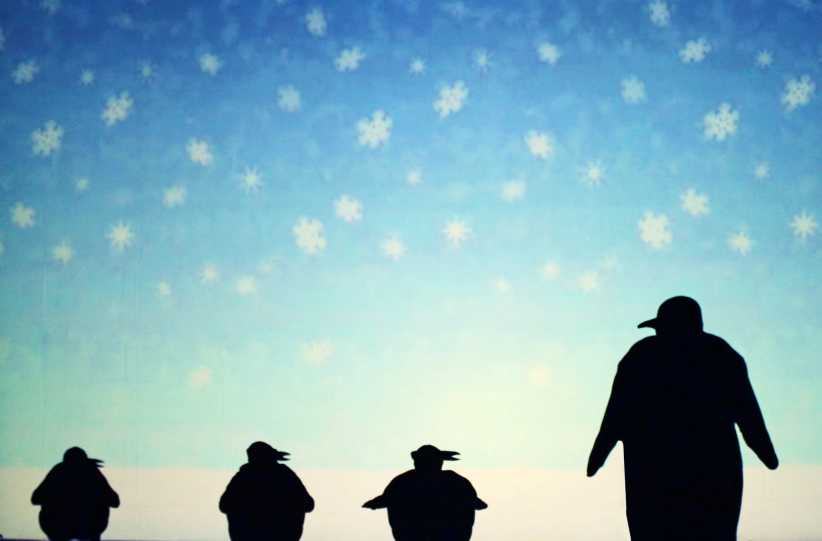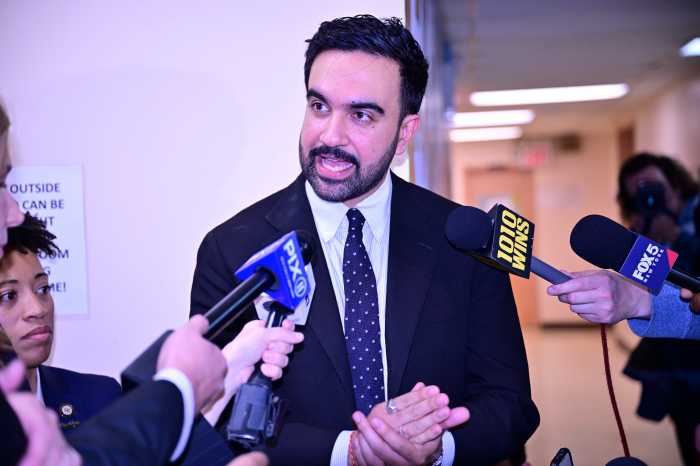From the exuberant optimism of Frank Loesser’s
"The Most Happy Fella" to the cynicism of Moliere’s
"The Misanthrope," and from the classic suspense of
Ira Levin’s "Deathtrap" to the Cold War suspense of
Richard Nelson’s "Chess," Gallery Players president
Mary Ruth Goodley says the Players’ upcoming 36th season presents
"a wide variety to a wide audience."
Although there is a formula for selecting plays – three musicals,
a mystery and comedies and dramas – says Goodley, "We generally
pick plays we would like to do, with our audiences in mind."
Not surprisingly, the season opens with a real crowd-pleaser,
"The Most Happy Fella" (Sept. 7-29). Loesser’s love
story, based on Sidney Howard’s "They Knew What They Wanted,"
is set in California wine country. The musical is about a middle-aged
vintner who acquires a mail-order bride by using a photo of his
handsome young foreman as his own.
Although Loesser insisted his show was a musical comedy when
it opened in 1956, critics hailed it as a "popular American
opera," which puts it decades ahead of "Les Miserables"
and "Sweeney Todd."
In its day, "Deathtrap," which opened Feb. 26, 1978
at Broadway’s Music Box Theatre and later moved to the Biltmore
Theatre, was the fourth-longest-running play on Broadway and
the longest-running thriller by an American author (1,809 performances).
Levin’s literate script tells the story of a celebrated writer
of Broadway thrillers whose dry spell is exacerbated when one
of his students asks for advice on his first play. The play’s
1982 film incarnation was directed by Sidney Lumet and starred
Michael Caine, Christopher Reeve and Dyan Cannon. (Oct. 26-Nov.
10)
Gallery Players’ third offering, "Fuddy Meers" (Dec.
7-22), will be a first revival for the recent off-Broadway hit.
David Lindsay Abaire’s comedy is about a woman named Claire,
who suffers from a form of amnesia in which she wakes up every
morning with no memory.
Claire is surrounded by a cast of unusual characters – a saintly
husband, a mysterious limping stranger, a pot-smoking teenage
son, a tough female cop, a ventriloquist with an obscenity-spouting
dummy and Claire’s mother, a stroke victim who speaks gibberish
– including the title, her rendition of "funny mirrors."
On the day depicted in the play, Claire travels to her mother’s
house in an effort at self-discovery.
"’Don’t Call Us’ is an original musical revue put together
by a group of theater people explaining their experiences in
the theater," says Goodley. With songs from Broadway and
Tin Pan Alley, the revue, written by two Gallery Players, follows
the fortunes of three people living in New York City and trying
to make it on the Great White Way. There’s an ingenue, a juvenile,
an over-the-hill queen and a theater critic who, says Goodley,
"likes almost nothing." Not a revival, but an original
collaborative effort, "Don’t Call Us" (Jan. 11-Feb.
2) sets a new course for Gallery Players.
Martin McDonagh’s "The Beauty Queen of Leenane," which
ran from April 23, 1998 through March 14, 1999 at the Walter
Kerr Theatre, combines tragedy and humor in a typically Irish
manner. This dark comedy is about Maureen Folan, a plain, lonely
girl who sees salvation from a life of caring for her elderly
mother when she receives a letter from an old beau in America.
(Feb. 22-March 9)
At a time when priests seem less that perfect and CEOs less than
honest, "The Misanthrope" (March 29-April 13) comes
not a moment too soon. The play centers on Alceste, who decides
to combat the phoniness of society and vows to speak and act
with brutal honesty.
Unable to accept the affection of the gentle and sincere Eliante,
he is in love with cruelly honest Celimene, who epitomizes everything
he despises.
"Chess" with its rock score, (music by ABBA’s Benny
Andersson and Bjorn Ulvaeus and lyrics by Tim Rice) and plot
of political intrigue (book by Richard Nelson), will certainly
appeal to younger audiences, says Goodley. As the loutish American
grandmaster, the earnest Russian champion and the Hungarian-English
female chess player make their moves under the watchful eye of
the CIA and KGB, the ancient game of chess becomes a metaphor
for East-West relations during the Cold War. (May 3-May 18)
This year, for the first time, Gallery Players will produce two
plays in a "Bare Bones" series that has minimal production
values and concentrates on the script, director and actors. The
first play will be "High Strung Quartet" (Oct. 14-24),
which was written by Evan Brindenstine and produced off-Broadway;
the second play, which will be staged March 13-23, will be announced
at a later date.
The Gallery Players 2002-2003 season
runs Sept. 7, 2002 through May 18, 2003. The theater is located
at 199 14th St. between Fourth and Fifth avenues in Park Slope.
For more information, call (718) 595-0547 or visit www.galleryplayers.com.


